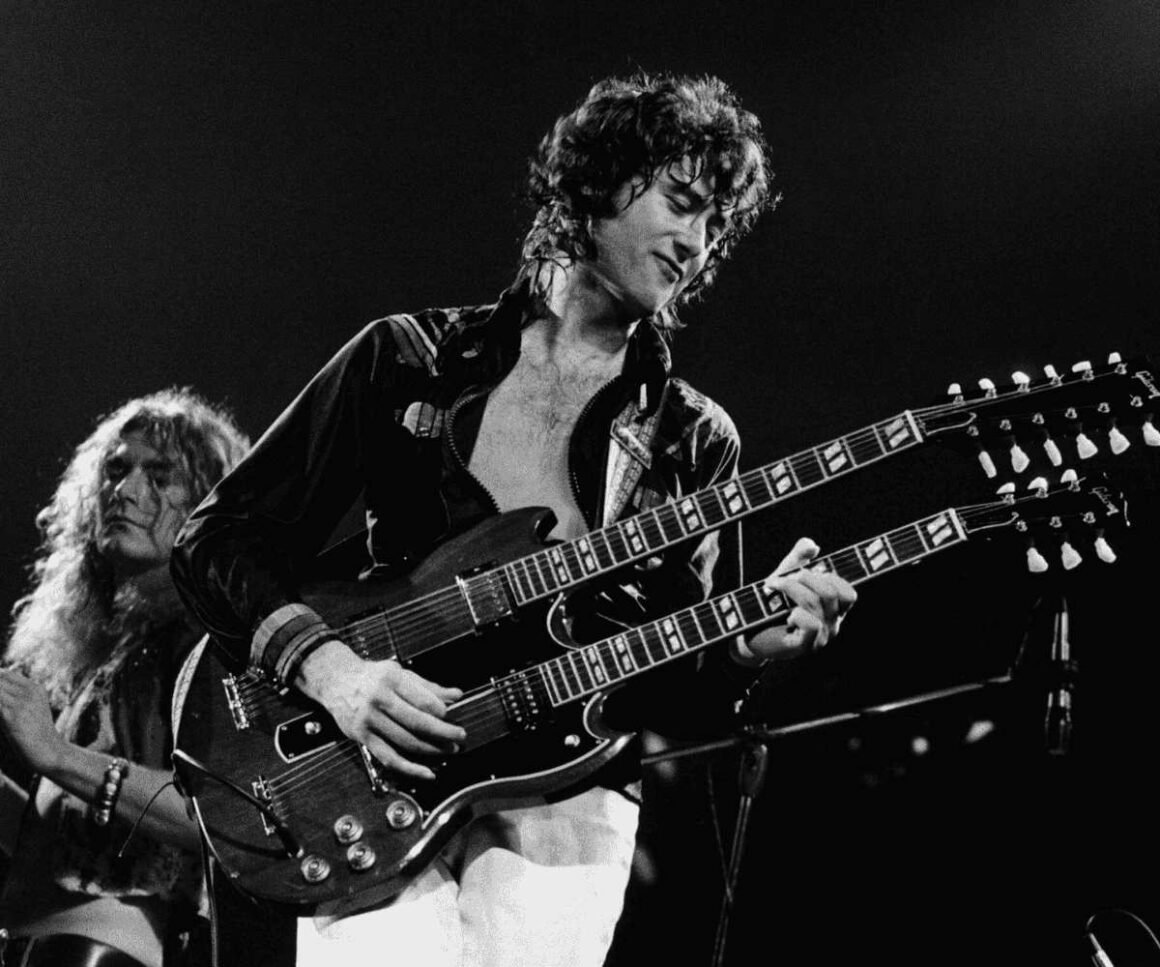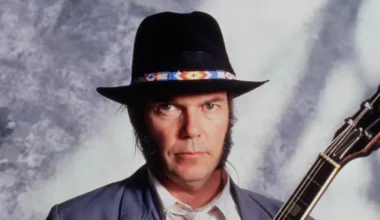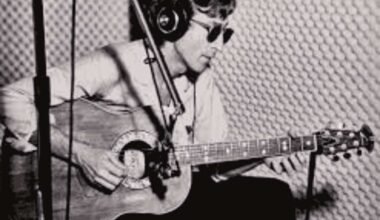When exploring music’s rich history, it’s easy to pinpoint cultural milestones that shaped today’s soundscape.
The Yardbirds, legendary studio sessions, and Led Zeppelin all illustrate how Jimmy Page has inspired countless musicians.
His iconic image adorned bedroom walls worldwide, while his music continues to echo from speakers everywhere.
Even icons have their own heroes. In Bob Boilen’s book, Your Song Changed My Life, where music legends share the songs that influenced them, Page’s response stood out. When asked about the song that launched his career, his answer was clear.
As a child, rock ‘n’ roll was virtually unheard in Britain, still recovering from the post-war era.
At eight, Page moved into a new home and discovered a guitar left by the previous residents. Initially uninterested, he kept it as a memento.
Rock ‘n’ roll eventually made its way to Britain, and Page played a crucial role in infusing it with his unique style.
He immersed himself in delta blues, gaining invaluable insights. Boilen notes, “So many Brits of that age talk about skiffle music, and Lonnie Donegan was king.”
However, Page’s connection to Donegan, the Scottish singer who introduced rock ‘n’ roll to Britain, was profound.
Boilen explains: “It wasn’t till I began to think of how Donegan changed the blues and ‘skiffled it up’ that I made the connection to how Jimmy Page took Donegan and electrified it to shocking and long-lasting effects.”
Page’s ability to blend British skiffle with blues and rock wasn’t solely rooted in Donegan’s influence. He sought out the delta blues, striving to create his distinct sound.
“I didn’t want to do a carbon copy of BB King, but I really love the blues. The blues had so much effect on me, and I just wanted to make my own contribution in my own way,” he said.
Lonnie Donegan’s rendition of the blues standard “Rock Island Line,” a song about two Chicagoan institutions, reached Page through the radio. It likely lodged in his subconscious as an example of how to infuse an American sound with British flair.
But it was a live performance by Page’s friend, Rod Wyatt, that sparked something deeper in him.
Page recalled telling Wyatt about the guitar at home, and Wyatt offered to help tune and teach him.
“It was a campfire guitar … but it had all the strings on it, which is pretty useful because I wouldn’t have known where to get guitar strings from,” Page laughed.
“Then Rod showed me how to tune it up, and I started strumming away—not quite like Lonnie Donegan, but I was having a go.”
“He really understood all that stuff, Lonnie Donegan,” Page reflected. “He sort of jazzed it up or skiffled it up.
By the end, he’s really spitting it out … singing ‘Rock Island line’ with a staccato aspect. It’s fantastic stuff! So many guitarists from the sixties will all say Lonnie Donegan was [their] influence.”
While Page’s signature sound in tracks like “Stairway to Heaven” and the powerful riff of “Whole Lotta Love” seems distant from Donegan’s guitar lines, Donegan’s ability to make an unfamiliar sound relatable likely left a lasting impression on Page.
The guitarist brought the blue guitar to London, forever changing the music scene for future generations.






